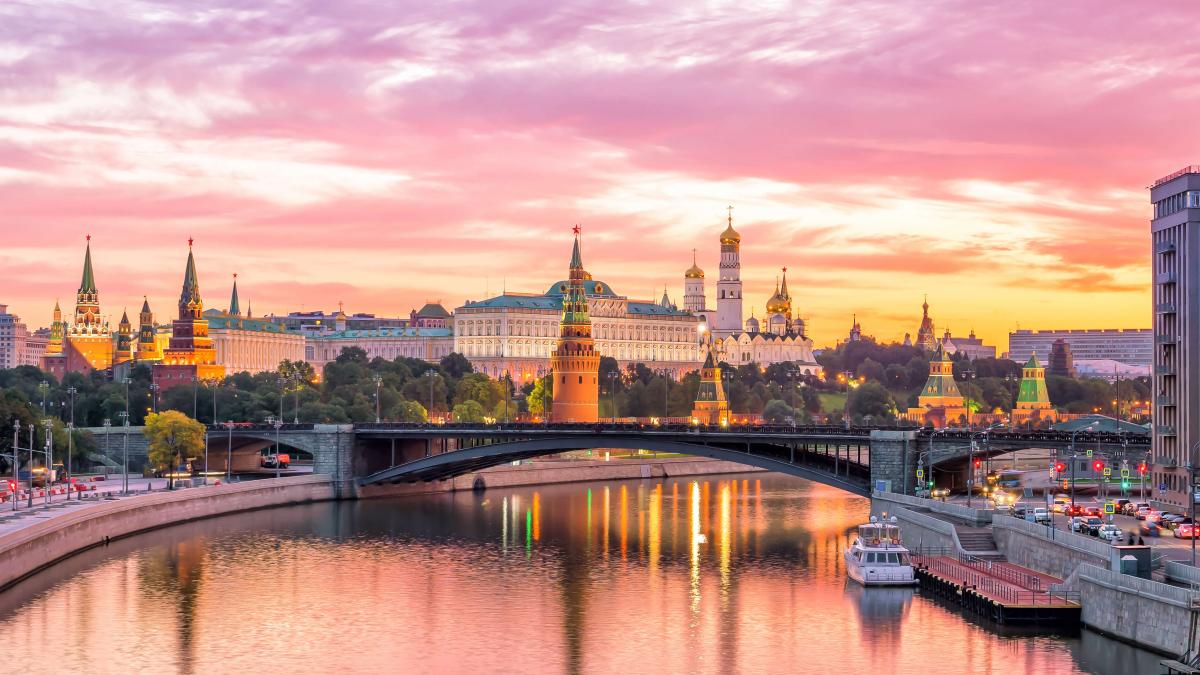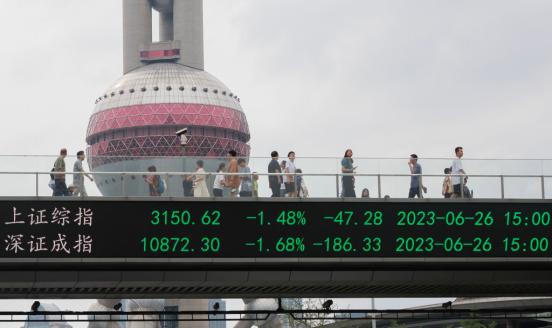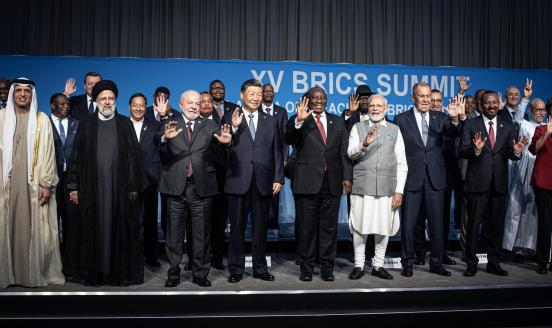How does China fare on the Russian market? Implications for the European Union
China’s economic ties with Russia are deepening. Meanwhile, Europe remains Russia’s largest trading partner, lender and investor. An analysis of China

This paper was prepared for the seminar ‘Trade relations between the EU, China and Russia’, co-organised by the delegation of the European Union to Russia and Bruegel with the support of the EU Russia Expert Network on Foreign Policy (EUREN). The seminar was funded by the European Union.
The content of this paper is the sole responsibility of the author and does not represent the official position of the European Union.
The last two decades have seen a very rapid increase in trade and lending between China and Russia. The investment relationship has remained more subdued. China dominates every aspect of the bilateral economic relationship, as a net exporter, net creditor and net investor, despite Russia long being a richer country than China.
China and Russia are increasingly viewed as important political and economic partners, notwithstanding their past differences. However, in terms of trade and investment, economic cooperation between the two countries’ remains less intense than their diplomatic relationship, even though their formal economic interactions can be traced back to the 1700s and both shared a similar economic model, namely central planning, for a good part of the twentieth century.
China has developed very rapidly in economic terms over the past two decades since its accession to the World Trade Organisation. In particular, it has become the largest exporter in the world from a very low base (Figure 1 and Table A1 in the Annex), surpassing Europe. In that context, it is unsurprising that Chinese goods have flooded Russia, eating into the EU’s and the US’s export shares to Russia. Beyond China’s increasing economic weight, the changing global environment, including the sanctions and counter-sanctions between the West and Russia, the US-China trade war and the US-led IndoPacific Strategy, have helped re-orient Russia’s economic relationships towards the east, with China being the largest player.
China has also become increasingly interested in its neighbourhood (and beyond) with its landmark project, the Belt and Road Initiative (BRI). Among the large and increasing number of countries that participate in the BRI, Russia occupies an important position as the recipient of the largest amount of Chinese funding, mainly for energy and railway infrastructure. In particular, out of the six corridors China has announced for the BRI, several cross Russia, including the New Eurasian Land Bridge and the China-Mongolia-Russia Corridor. In addition, Russia and China have agreed to jointly build an ‘Ice Silk Road’ along the northern sea route in the Arctic. All in all, Russia has unquestionably become an important partner in China’s massive global infrastructure project plans. Russia has also proposed the concept of a Great Eurasian Partnership, which is seen as a way for the Kremlin to preserve its relationships within its neighbourhood at a time of very rapid increase in Chinese influence (Köstem, 2019).



